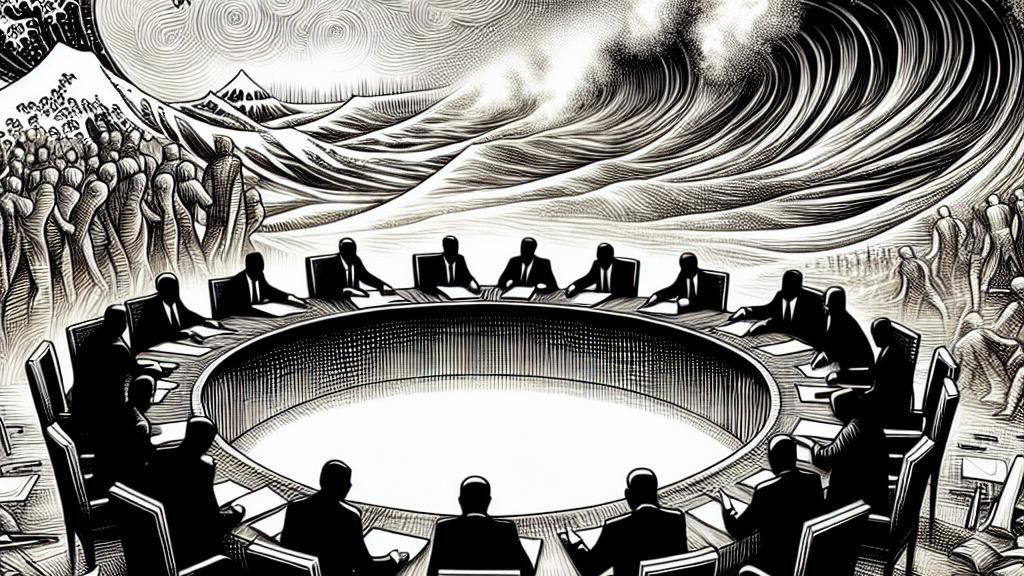Biden's Bold Optimism: A Potential Ceasefire on the Horizon?
Overview
- Biden underscores the critical importance of reaching a Gaza ceasefire.
- Ongoing negotiations face significant hurdles between Israel and Hamas.
- The humanitarian crisis in Gaza demands immediate international attention.

Conflict Escalation and Ceasefire Negotiations
The conflict between Israel and Hamas has escalated to alarming levels, with over 40,000 casualties reported in Gaza since the outbreak of hostilities. This devastating toll emphasizes the urgent need for effective diplomatic efforts to establish a ceasefire. U.S. President Joe Biden has voiced optimism about progressing towards an agreement, a sentiment shared by key international players involved in ongoing negotiations in Doha. Mediators from the U.S., Qatar, and Egypt are actively engaged in talks to facilitate a resolution, aiming to alleviate the humanitarian crisis while addressing the fundamental issues that underpin this enduring conflict.
Challenges in Reaching a Sustainable Ceasefire
Despite ongoing dialogues, substantial obstacles hinder progress towards a sustainable ceasefire. Hamas’s call for a permanent ceasefire conflicts with Israel's unwavering stance on defeating its military capabilities. This divide complicates negotiations and raises fears of continued violence. As military actions persist, more civilians in Gaza are suffering from displacement and lack of essential resources. Biden's proposed three-phase approach to a ceasefire, which includes the withdrawal of Israeli forces and the release of hostages, highlights the need for cooperation and compromise. However, both parties' entrenched positions illustrate just how difficult reaching agreement is amidst the regional tensions.
The Critical Role of the International Community
The international community plays a decisive role in shaping the prospects of peace in the region. The urgency of the humanitarian disaster—evidenced by widespread malnutrition and displacement—calls for immediate action from world leaders. The potential for a broader regional conflict involving Iran adds another layer of complexity to the current situation. Diplomats from the U.S., Qatar, and Egypt are crucial in crafting a viable framework for a ceasefire, emphasizing communication and collaboration among key stakeholders. Achieving a resolution not only responds to immediate humanitarian needs but also lays groundwork for long-term stability and reconstruction efforts, ensuring that the suffering experienced by civilians is addressed as a priority.

Loading...